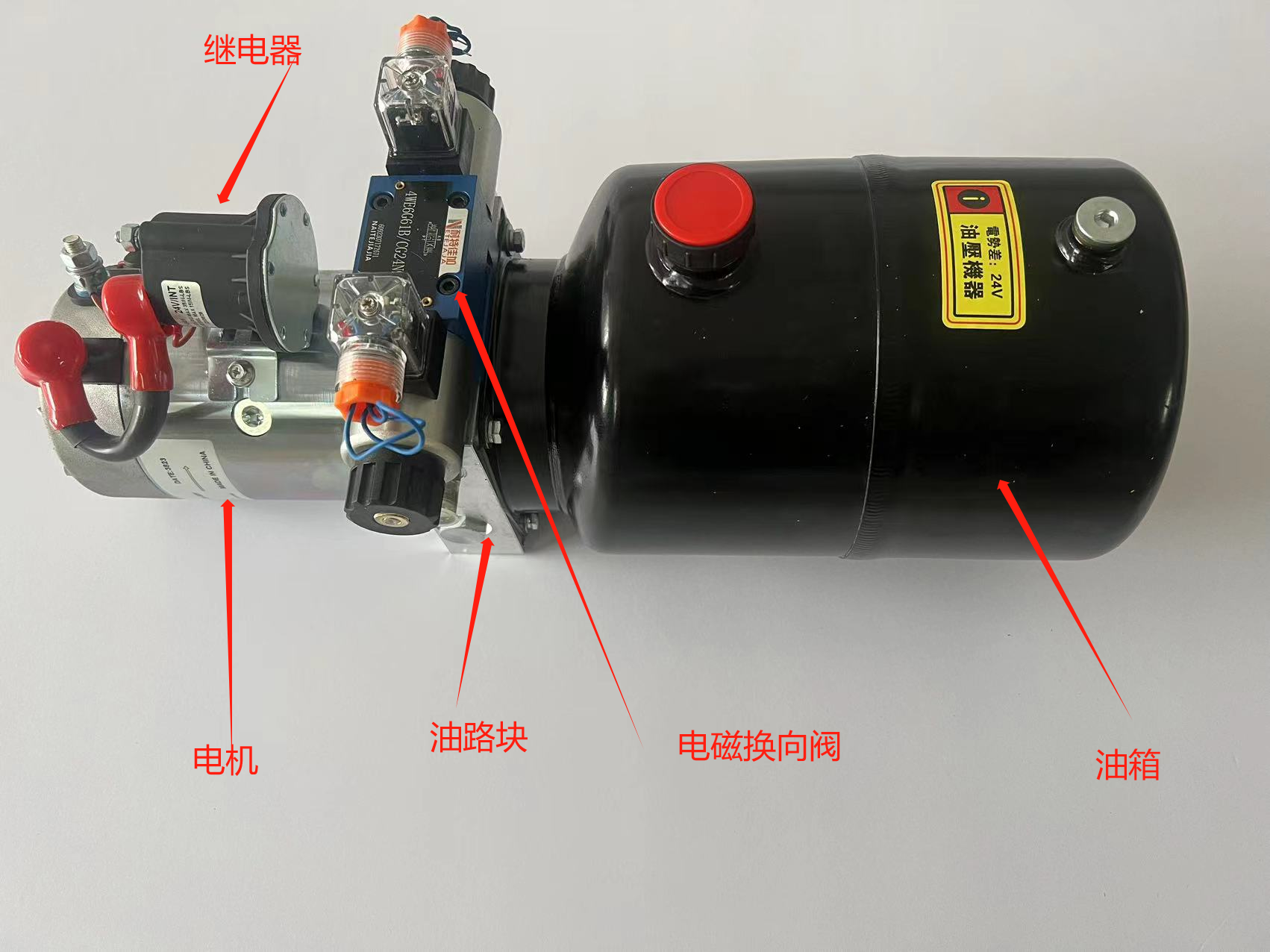Nov . 07, 2024 07:42 Back to list
Hydraulic Cylinder Manufacturer Specializing in Clevis End Designs for Efficient Performance
Understanding Clevis End Hydraulic Cylinder Manufacturers
When it comes to hydraulic cylinders, various designs and configurations can be found, but one of the most common and versatile types is the clevis end hydraulic cylinder. Often used in construction, agriculture, and industrial applications, these cylinders are essential for converting hydraulic energy into linear motion. This article delves into the significance of clevis end hydraulic cylinders and how manufacturers cater to the specific needs of their clients.
What Is a Clevis End Hydraulic Cylinder?
A clevis end hydraulic cylinder is a hydraulic actuator that features a clevis, or fork-like end, which allows for a flexible attachment to other components. The clevis design provides a pivot point that can accommodate angular movements while maintaining a secure connection. This feature distinguishes clevis end cylinders from other types, such as pin eye or flange-mounted cylinders, making them ideal for applications that require a higher degree of articulation.
Applications of Clevis End Hydraulic Cylinders
These hydraulic cylinders play a pivotal role in various sectors, including
1. Construction Used in excavators, backhoes, and other heavy machinery, clevis end cylinders enable precise movement, making them crucial for lifting and digging operations. 2. Agriculture Tractors and other farm equipment utilize these cylinders for tasks like plowing, lifting, and transporting materials, enhancing productivity and efficiency on the farm.
3. Industrial Manufacturing In automated systems, clevis end hydraulic cylinders are integrated into assembly lines and robotic systems to perform repetitive tasks with accuracy and speed.
clevis end hydraulic cylinder manufacturer

Selecting the Right Manufacturer
When it comes to sourcing clevis end hydraulic cylinders, choosing the right manufacturer is crucial to ensure quality, reliability, and performance. Here are some factors to consider
1. Experience and Expertise A reputable manufacturer often has years of experience in the hydraulic industry. Their expertise allows them to provide customized solutions tailored to specific application requirements.
2. Quality Control Look for manufacturers that adhere to stringent quality control standards. Certifications such as ISO 9001 indicate a commitment to quality and reliability in the manufacturing process.
3. Material Selection High-quality materials are essential for durability and performance. Manufacturers should use materials capable of withstanding varying pressures and environmental conditions.
4. Customization Options Not all applications are the same, and a good manufacturer will offer customization options to meet unique specifications, such as stroke length, bore size, and mounting configurations.
5. Customer Support and After-sales Service Reliable customer support is key to addressing any issues or concerns after the purchase. Ensure the manufacturer provides adequate support and services, including maintenance and repair.
Conclusion
Clevis end hydraulic cylinders are indispensable components across various industries, providing the necessary mechanical movements essential for numerous applications. By selecting a reputable manufacturer that aligns with your specific needs, you can ensure that you receive high-quality cylinders that enhance the efficiency and productivity of your machinery. As you explore the market, prioritize quality, experience, and customization capabilities to find the right solutions for your hydraulic needs.
-
1.5 Ton Lifting Cylinder-Hebei Shenghan Hydraulic|Heavy-Duty Lifting,Custom Hydraulic Solutions
NewsJul.30,2025
-
1.5 Ton Lifting Cylinder 70/82-40-290-535-Hebei Shenghan|Precision Engineering&Industrial Lifting Solutions
NewsJul.30,2025
-
1.5 Ton Lifting Cylinder 70/82-40-290-535 - Hebei Shenghan | High-Strength Hydraulic Components
NewsJul.30,2025
-
1.5 Ton Lifting Cylinder 70/82-40-290-535 - Hebei Shenghan | Hydraulic Solutions, Customization, Precision Engineering
NewsJul.30,2025
-
1.5 Ton Lifting Cylinder 70/82-40-290-535-Hebei Shenghan Hydraulic Machinery Co., Ltd.|Heavy-Duty Hydraulic Cylinder&Customization Options
NewsJul.30,2025
-
1.5 Ton Lifting Cylinder 70/82-40-290-535 - Hebei Shenghan Hydraulic Machinery Co., Ltd.
NewsJul.30,2025
